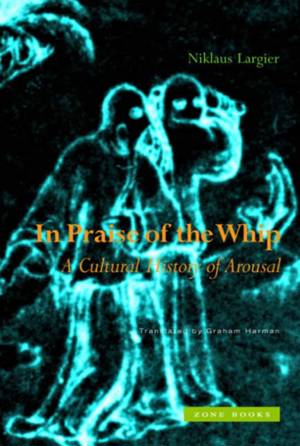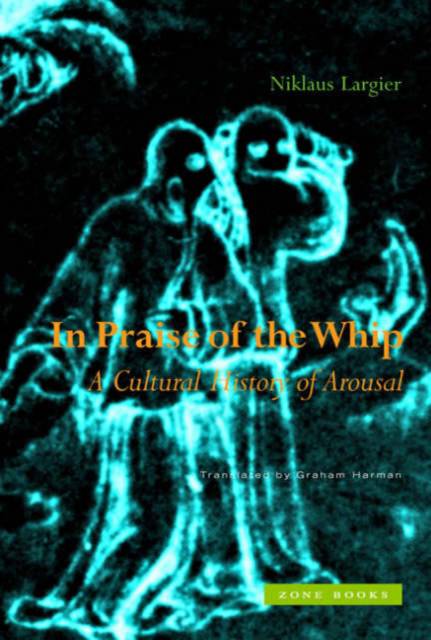
- Retrait gratuit dans votre magasin Club
- 7.000.000 titres dans notre catalogue
- Payer en toute sécurité
- Toujours un magasin près de chez vous
- Retrait gratuit dans votre magasin Club
- 7.000.0000 titres dans notre catalogue
- Payer en toute sécurité
- Toujours un magasin près de chez vous
Description
In Praise of the Whip: A Cultural History of Arousal is a new history of voluntary flagellation in Europe, from its invention in medieval relgious devotion to its use in the modern pornographic imagination. Working with a wide range of religious, literary, and medical texts and images, Niklaus Largier explores the emotional and sensual, religious and erotic excitement of the whip, a crucial instrument of stimulation in devotional and sexual practices. From early modern pornography to the Marquis de Sade and the fantasies of Swinburne and Joyce, the erotic and devotional imagination drew on the whip.
Largier explores how the Reformation and Counter-Reformation problematized the medieval culture of arousal. The stimulating qualities of medieval visual displays, especially flagellant practices, processions, and spectacles, were subjected to a criticsm that sought to control the imagination. In modern bourgeois life the practice, effects, and imagery of flagellation became a central site of the investigation into concerns and anxieties about exercising emotional self-control and censoring fantasy. Modern references to flagellant practice in the works of Swinburne, Proust, and Joyce testified not only to a "decadent" fascination with "medieval" cultures or "perverse sexuality," but also to a fascination that nineteenth-century censorship, informed by psychopathological discourse, had obliterated. Such histories of flagellation, Largier explains, were attempts to recover a culture of stimulation and imagination -- both erotic and devotional -- that transcended the modern boundaries of sexuality.Spécifications
Parties prenantes
- Auteur(s) :
- Traducteur(s):
- Editeur:
Contenu
- Nombre de pages :
- 528
- Langue:
- Anglais
- Collection :
Caractéristiques
- EAN:
- 9781890951658
- Date de parution :
- 18-05-07
- Format:
- Livre relié
- Format numérique:
- Genaaid
- Dimensions :
- 157 mm x 231 mm
- Poids :
- 929 g

Les avis
Nous publions uniquement les avis qui respectent les conditions requises. Consultez nos conditions pour les avis.






